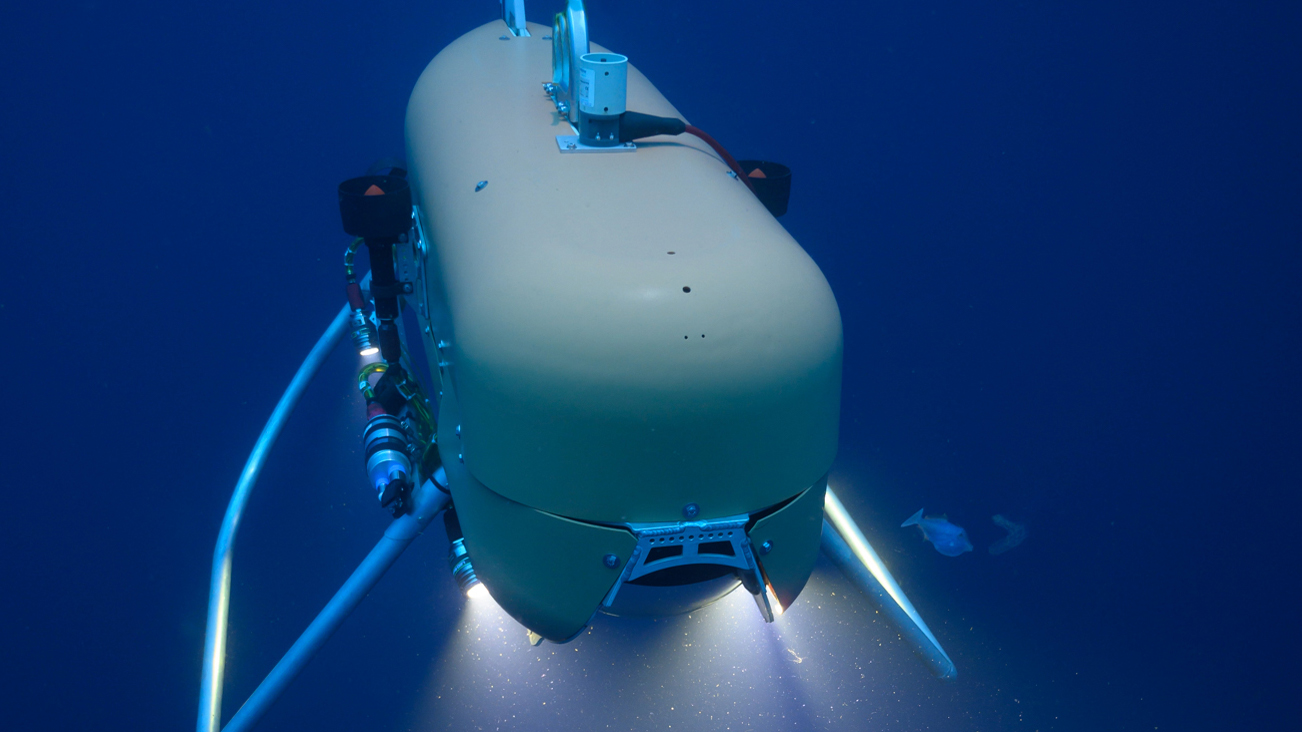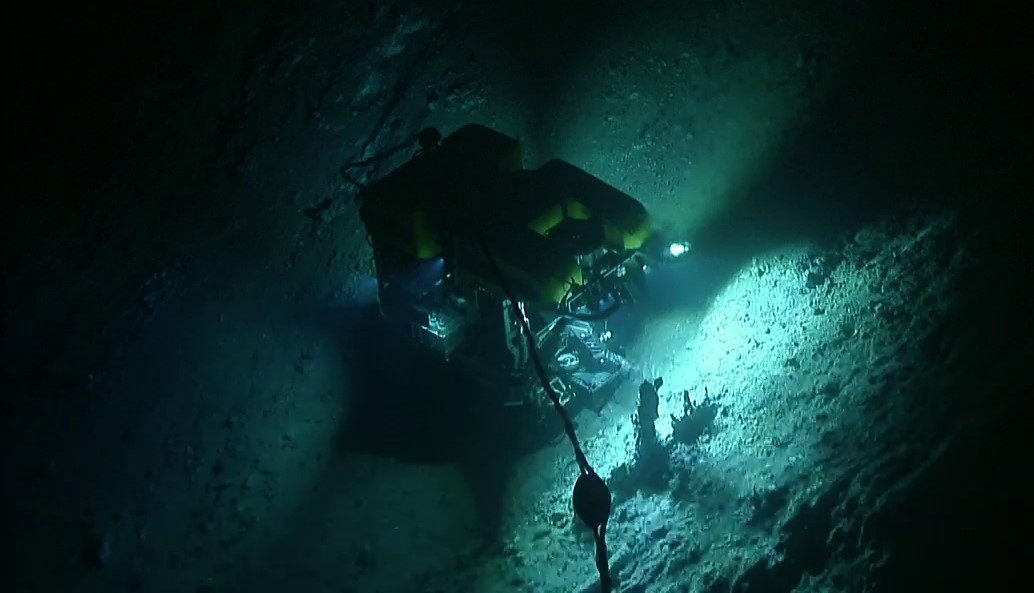Introduction
Underwater exploration has always fascinated mankind. The mysteries that lie beneath the ocean’s surface have captivated our imaginations for centuries. With advancements in technology, we have been able to explore and understand the vast underwater world to a certain extent. However, the future holds even more exciting possibilities for underwater exploration. In this blog post, we will delve into the latest advancements in underwater exploration technology and discuss how they are shaping the future of this field.
Remotely Operated Vehicles (ROVs)
ROVs have revolutionized underwater exploration. These unmanned vehicles are equipped with cameras and sensors that allow scientists and researchers to explore the depths of the ocean without physically being there. The future of ROVs lies in their increased maneuverability, improved imaging capabilities, and enhanced data collection systems.
Autonomous Underwater Vehicles (AUVs)
AUVs are another exciting development in underwater exploration technology. These self-propelled vehicles can navigate underwater without any human intervention. They are equipped with advanced sensors and imaging systems that enable them to collect valuable data about the underwater environment. The future of AUVs lies in their ability to operate for longer durations, dive deeper, and gather more accurate data.
Underwater Drones

Underwater drones are compact, portable devices that are capable of capturing high-resolution images and videos underwater. These drones are often used for recreational purposes, but they also have immense potential in scientific research and exploration. The future of underwater drones lies in their improved battery life, increased stability, and enhanced imaging capabilities.
3D Mapping and Imaging
Advancements in 3D mapping and imaging technology have greatly contributed to underwater exploration. Scientists can now create detailed maps of underwater landscapes and study them in great detail. The future of 3D mapping and imaging lies in the development of more accurate and high-resolution systems, allowing for a better understanding of underwater ecosystems and geological formations.
Deep-Sea Exploration
The deep-sea remains one of the least explored areas on our planet. However, with the advancements in technology, scientists are now able to explore the depths like never before. Deep-sea exploration vessels equipped with state-of-the-art technology.
Summary
The future of underwater exploration technology is promising, with numerous advancements on the horizon. One of the key areas of development is in autonomous underwater vehicles (AUVs). These unmanned vehicles are equipped with advanced sensors and imaging systems, allowing them to navigate and explore the ocean depths with precision. AUVs can collect valuable data, map underwater terrains, and even conduct scientific experiments, all without putting human divers at risk.
Another exciting development is the use of remotely operated vehicles (ROVs) that can be controlled from the surface. These ROVs are equipped with high-definition cameras and robotic arms, enabling them to perform intricate tasks underwater. They are particularly useful for deep-sea exploration, where human divers cannot reach due to extreme pressure and low temperatures.
Furthermore, advancements in underwater communication systems are revolutionizing the way researchers and explorers interact with underwater environments. Improved acoustic communication technologies allow for real-time data transmission, enabling scientists to monitor and control underwater devices from afar. This opens up new possibilities for collaborative research and exploration.
Lastly, the future of underwater exploration technology also includes the development of advanced diving suits and habitats. These innovative suits provide divers with enhanced mobility, extended endurance, and improved safety features. Additionally, underwater habitats are being designed to withstand the harsh conditions of the deep sea, allowing scientists to live and work underwater for extended periods.
In conclusion, the future of underwater exploration technology is filled with exciting possibilities. From autonomous underwater vehicles and remotely operated vehicles to advanced communication systems and diving suits, these advancements are revolutionizing our understanding of the underwater world. As techno click to find out more logy continues to evolve, we can expect even greater discoveries and a deeper understanding of the mysteries that lie beneath the ocean’s surface.
- Q: What is the future of underwater exploration technology?
- A: The future of underwater exploration technology looks promising with advancements in robotics, artificial intelligence, and remote sensing. These technologies will enable us to explore deeper and more inaccessible parts of the ocean.
- Q: How will robotics contribute to underwater exploration?
- A: Robotics will play a crucial role in underwater exploration by allowing us to send autonomous or remotely operated vehicles (ROVs) to explore the depths of the ocean. These robots can collect data, capture images, and even perform delicate tasks in underwater environments.
- Q: What is the significance of artificial intelligence in underwater exploration?
- A: Artificial intelligence will enhance underwater exploration by enabling robots to make intelligent decisions based on the data they collect. AI algorithms can help identify and classify marine species, analyze geological formations, and assist in mapping underwater ecosystems.
- Q: How does remote sensing contribute to underwater exploration?
- A: Remote sensing technologies, such as sonar and satellite imagery, allow us to gather information about the ocean floor and underwater features without physically being present. These tools help create detailed maps, locate underwater resources, and identify potential exploration sites.
- Q: What are the potential applications of underwater exploration technology?
- A: Underwater exploration technology has various applications, including marine biology research, underwater archaeology, offshore resource exploration, environmental monitoring, and even underwater infrastructure maintenance.

Welcome to my website! My name is Hayden Statton, and I am thrilled to share my passion for outdoor adventures, cultural festivals, and the exploration of heritage sites with you. As a professional outdoor gear sales representative, I have dedicated my career to helping individuals like you embark on unforgettable journeys and create lasting memories.

